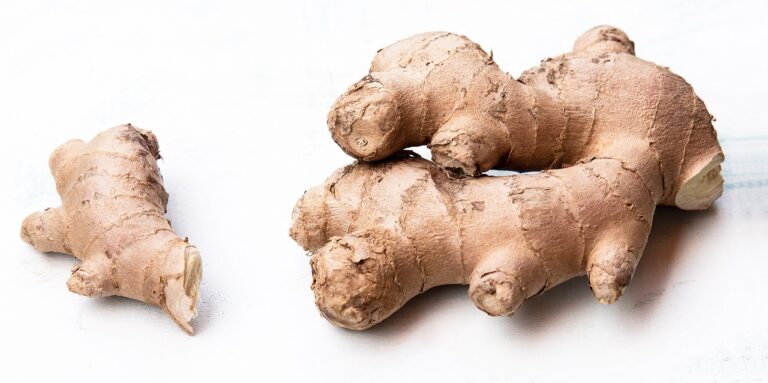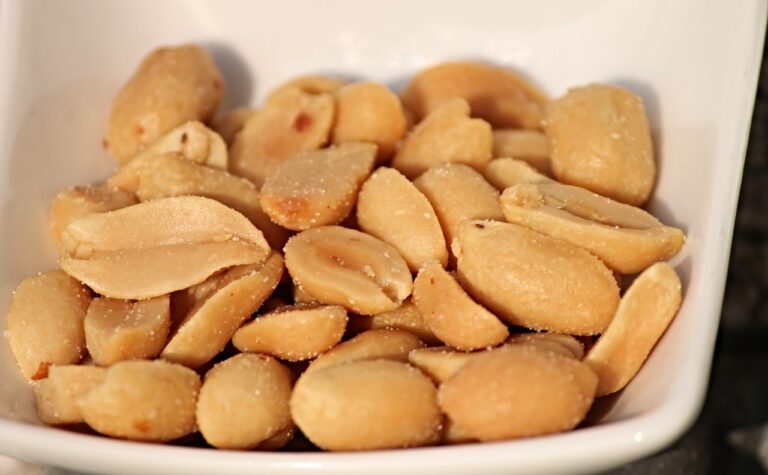The Science Behind Food Fermentation and Microbiology
Food fermentation is a natural process that involves the breakdown of carbohydrates in food substances by microorganisms like bacteria, yeast, and molds. This process results in the production of various compounds such as organic acids, alcohols, and gases, which enhance the flavor and texture of the final product. Fermentation has been practiced for centuries as a way to preserve food, enhance nutritional value, and develop unique taste profiles.
One key aspect of food fermentation is the conversion of sugars into other compounds by microorganisms. Different microorganisms have varying roles in the fermentation process, producing a range of metabolic byproducts that contribute to the characteristic flavors and aromas of fermented foods. From sourdough bread to kimchi and cheese, the art of food fermentation continues to captivate taste buds around the world, showcasing the diverse and flavorful results of microbial action in food production.
The Role of Microorganisms in Food Fermentation
Microorganisms play a crucial role in the process of food fermentation. They are responsible for transforming raw ingredients into flavorful and preserved foods through their metabolic activities. These microorganisms, such as bacteria, yeasts, and molds, break down complex compounds in the food matrix, producing various byproducts that contribute to the unique taste, texture, and aroma of the final product.
In food fermentation, different microorganisms thrive under specific environmental conditions, such as temperature, pH, and oxygen availability. These conditions influence the growth of beneficial microorganisms that outcompete harmful ones, leading to the successful fermentation of food. Additionally, the metabolic activities of these microorganisms generate compounds like lactic acid, acetic acid, and alcohol, which not only preserve the food but also enhance its nutritional value and digestibility.
What is food fermentation?
Food fermentation is a process in which microorganisms such as bacteria, yeast, and molds are used to break down carbohydrates in food to produce alcohol, acids, or gases.
What role do microorganisms play in food fermentation?
Microorganisms play a crucial role in food fermentation by metabolizing sugars or other carbohydrates in the food and producing desirable byproducts such as alcohol, acids, or gases.
How do microorganisms help in preserving food through fermentation?
Microorganisms help in preserving food through fermentation by creating an acidic environment that inhibits the growth of harmful bacteria and molds, thus extending the shelf life of the food.
Can food fermentation affect the taste and texture of food?
Yes, food fermentation can significantly affect the taste and texture of food. The byproducts produced by microorganisms during fermentation can add unique flavors and textures to the food.
Are there any health benefits associated with consuming fermented foods?
Yes, consuming fermented foods can have several health benefits. Fermented foods are rich in probiotics, which are beneficial for gut health and digestion. They can also increase the bioavailability of certain nutrients in the food.







